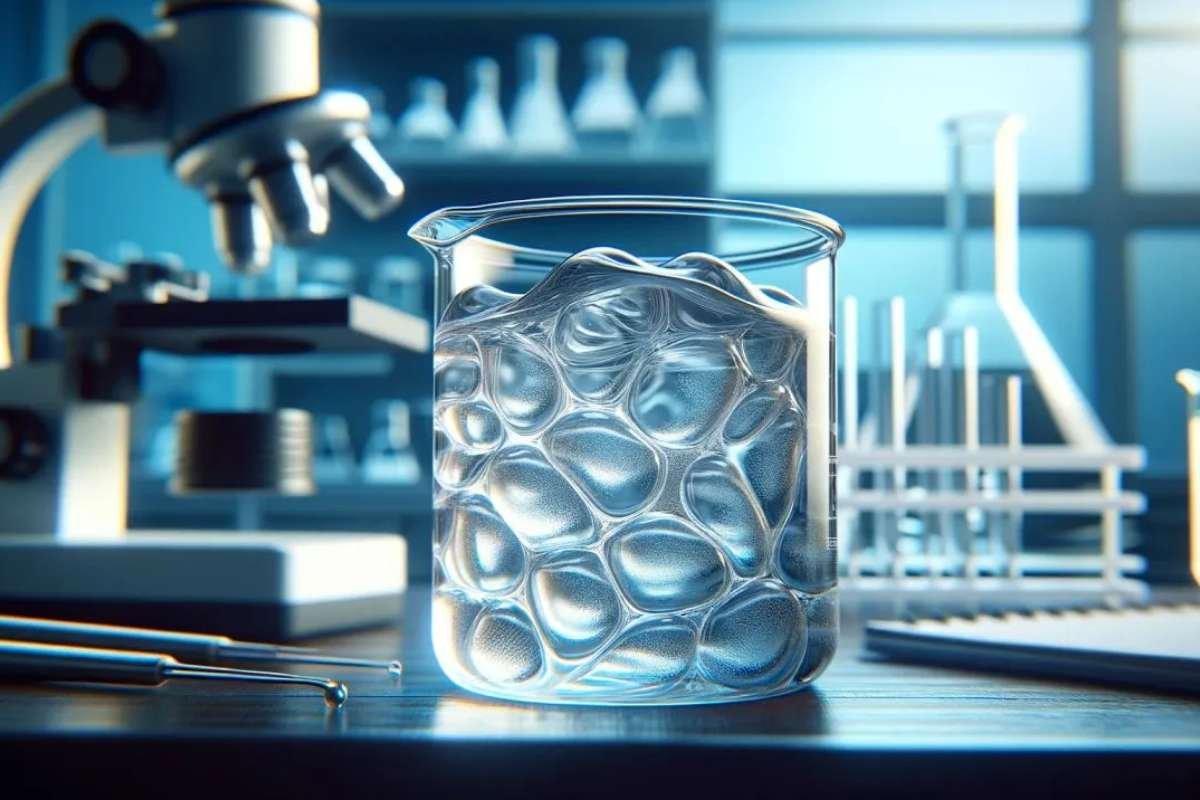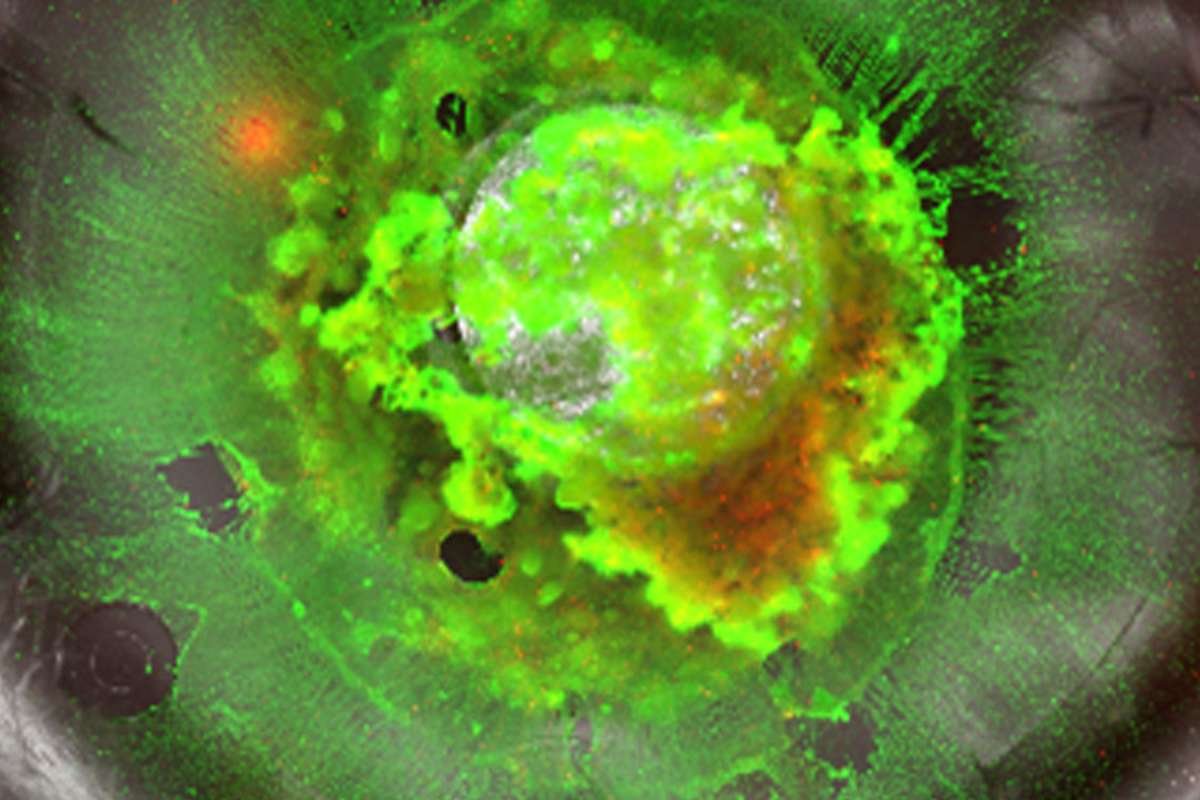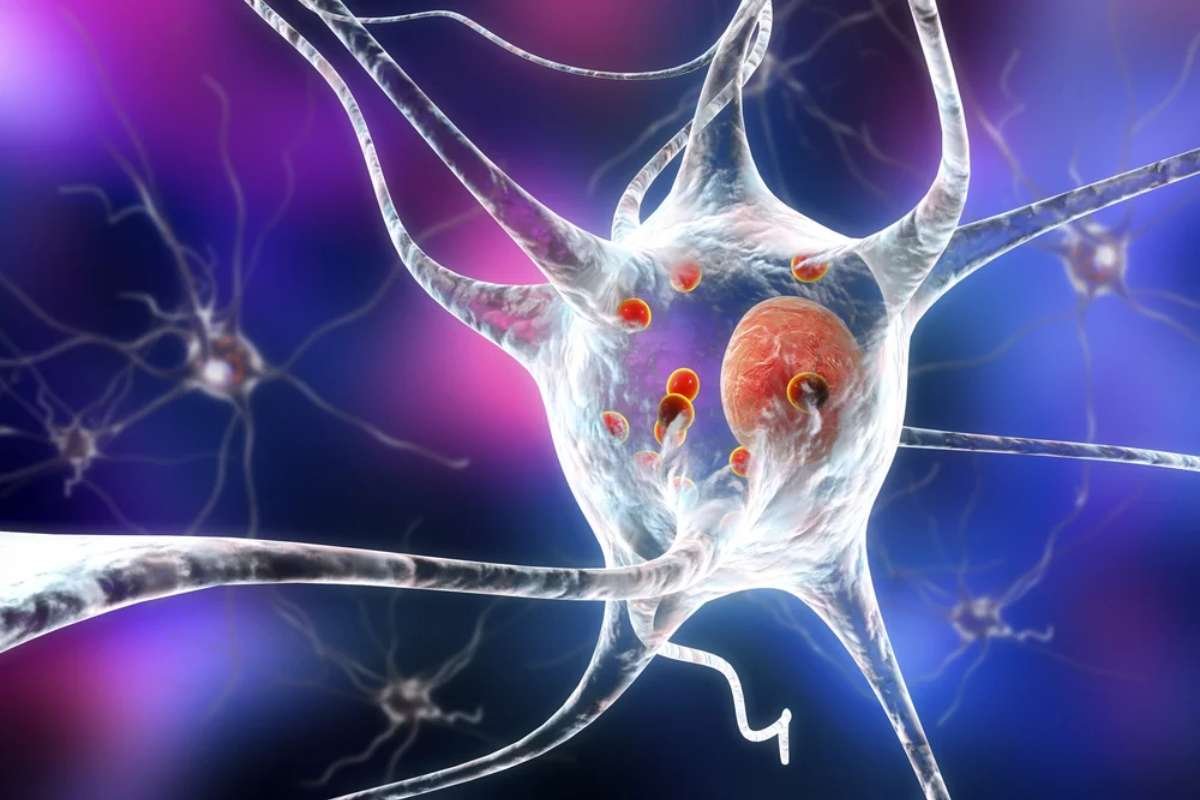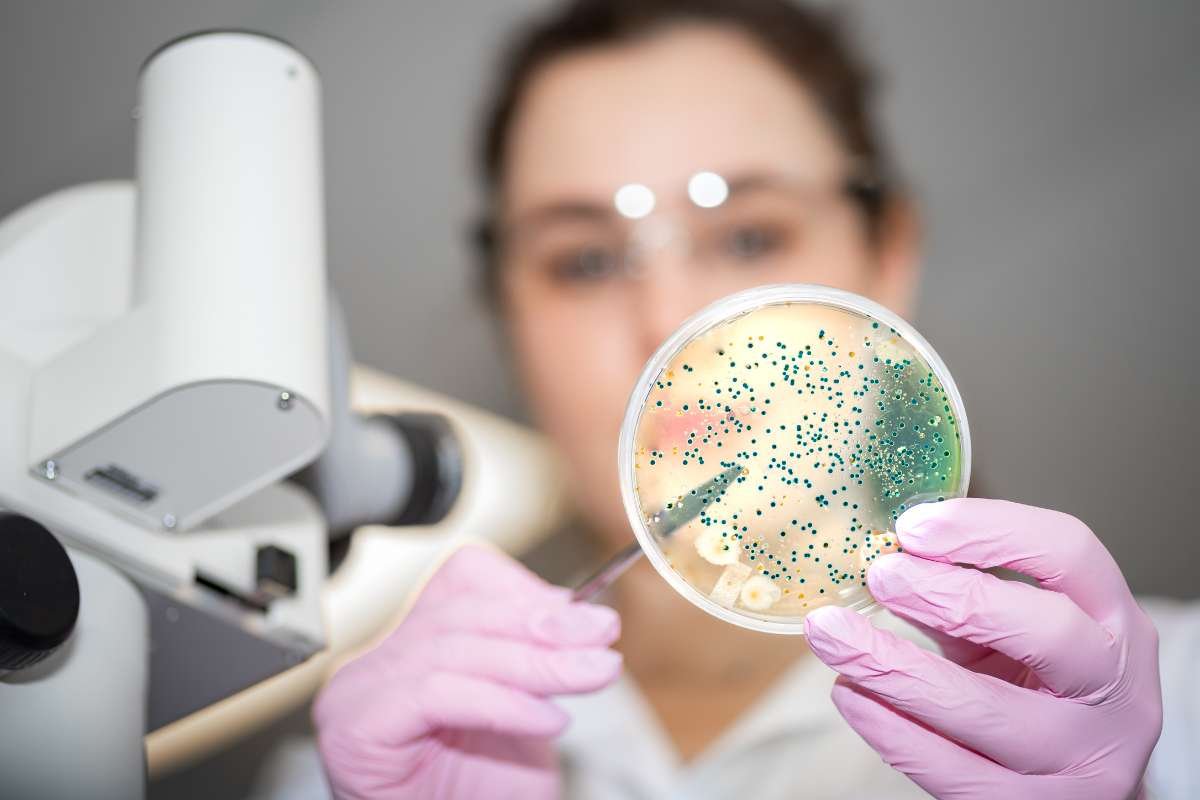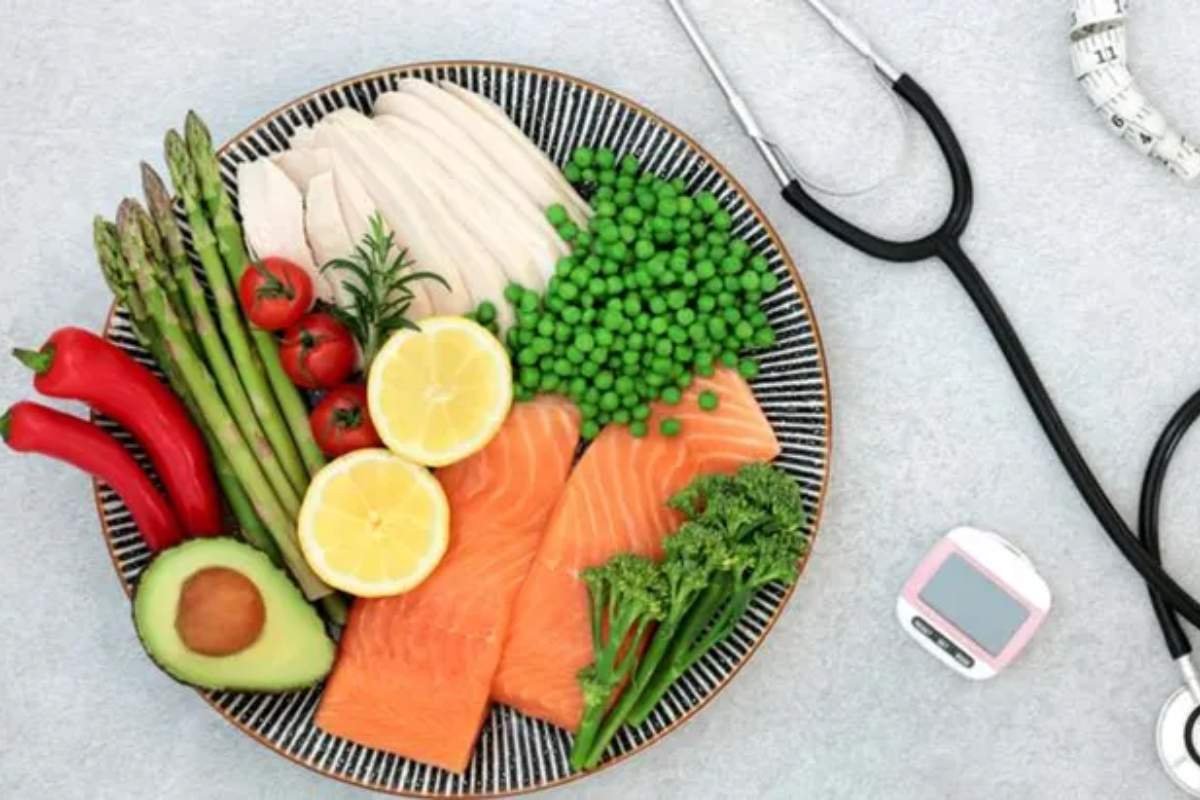The kidneys are essential organs that filter waste materials and extra fluid from the circulation. They are also important for preserving general health. Adopting a specific diet called the Renal Diet is generally beneficial for those with renal disease. This dietary strategy aims to manage related medical issues while promoting kidney function. This post will discuss the fundamentals of the renal diet, its advantages, and useful advice for implementing it in day-to-day activities.
Understanding the Renal Diet:
The Renal Diet is a carefully curated eating plan tailored to the needs of individuals with kidney disease. This diet aims to minimize the strain on the kidneys by controlling the intake of certain nutrients such as sodium, potassium, phosphorus, and fluids. By making strategic food choices, individuals can help alleviate symptoms, slow the progression of kidney disease, and improve overall well-being.
Within the framework of the Renal Diet, sodium control is crucial in mitigating fluid retention and high blood pressure, common challenges faced by those with compromised kidney function. Potassium moderation is another key aspect, as excessive levels can disrupt nerve and muscle function. Phosphorus management is also addressed, given its association with bone health and the potential to accumulate in the bloodstream with kidney impairment.
Protein control, focusing on high-quality sources, helps strike a balance between essential nutrient intake and lessening the burden on the kidneys. Through these nuanced dietary adjustments, the Renal Diet stands as a comprehensive approach to promoting kidney health and overall vitality.
Key Components of the Renal Diet:
1. Sodium Control
The Renal Diet emphasizes restricting sodium intake. Excessive sodium can lead to fluid retention and high blood pressure, both of which can exacerbate kidney issues. Opting for fresh, whole foods over processed items is a crucial step in reducing sodium consumption. Additionally, using herbs and spices to flavor dishes instead of salt can enhance the flavor without compromising kidney health.
2. Potassium Moderation
Potassium is essential for nerve and muscle function, but too much can be harmful to individuals with kidney disease. Foods high in potassium, such as bananas, oranges, and potatoes, should be consumed in moderation. Cooking methods like boiling and leaching can further reduce potassium content in certain vegetables, making them safer for a renal diet.
3. Phosphorus Management
Phosphorus is another mineral that needs careful attention in the Renal Diet. Foods high in phosphorus, including dairy products and certain meats, should be limited. Reading food labels is crucial as phosphorus additives are common in processed foods. Choosing phosphorus binders as prescribed by a healthcare professional can also help regulate phosphorus levels.
4. Protein Control
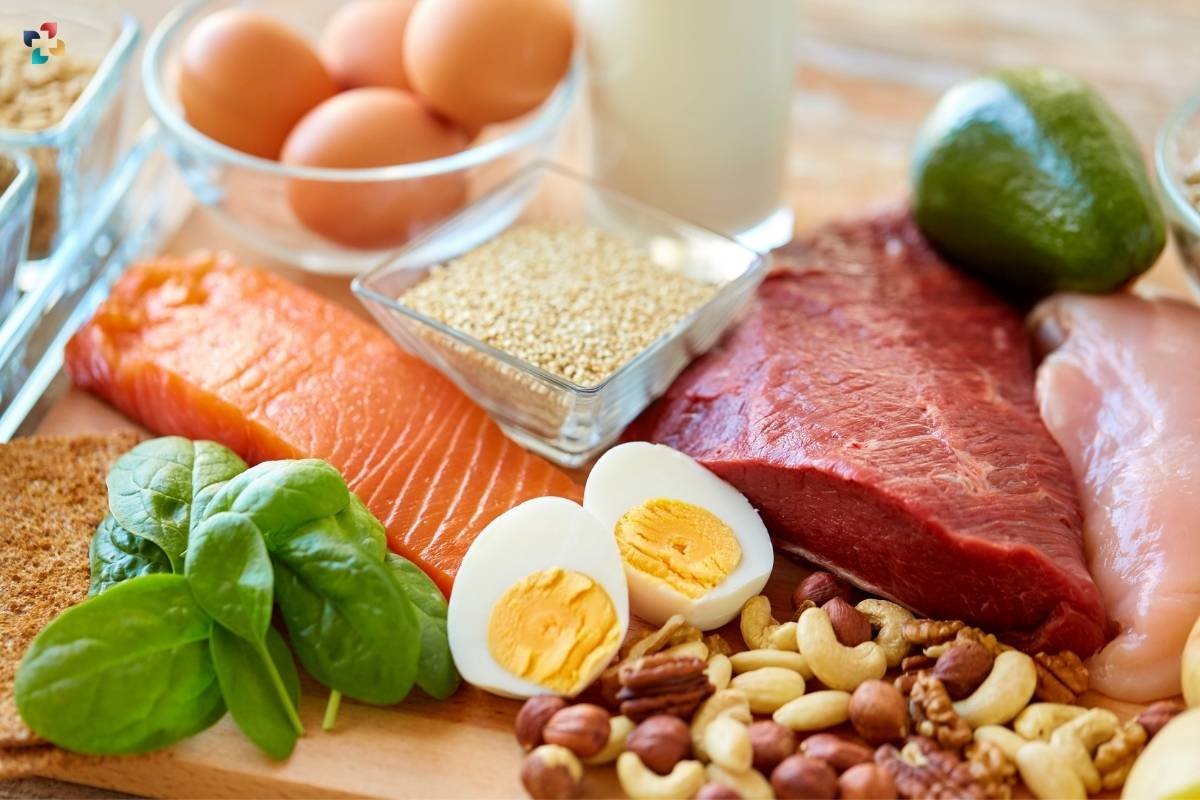
While protein is essential for overall health, excessive protein intake can strain the kidneys. The Renal Diet often involves adjusting the quantity and type of protein consumed. High-quality protein sources like lean meats, eggs, and fish are preferred over processed and red meats. Plant-based protein alternatives can also be incorporated to reduce the workload on the kidneys.
Benefits of the Renal Diet:
1. Managing Blood Pressure
By controlling sodium intake, the Renal Diet aids in managing blood pressure. High blood pressure is a common complication of kidney disease, and its regulation is crucial to prevent further damage to the kidneys.
2. Minimizing Fluid Retention
Limiting fluid intake is essential for individuals with compromised kidney function. The Renal Diet helps manage fluid balance, reducing the risk of edema and other complications associated with excessive fluid retention.
3. Slowing Progression of Kidney Disease
Adhering to the Renal Diet can slow the progression of kidney disease by reducing the workload on the kidneys. By optimizing nutrient intake, individuals may experience a slower decline in kidney function, leading to an improved quality of life.
4. Preventing Nutrient Imbalances
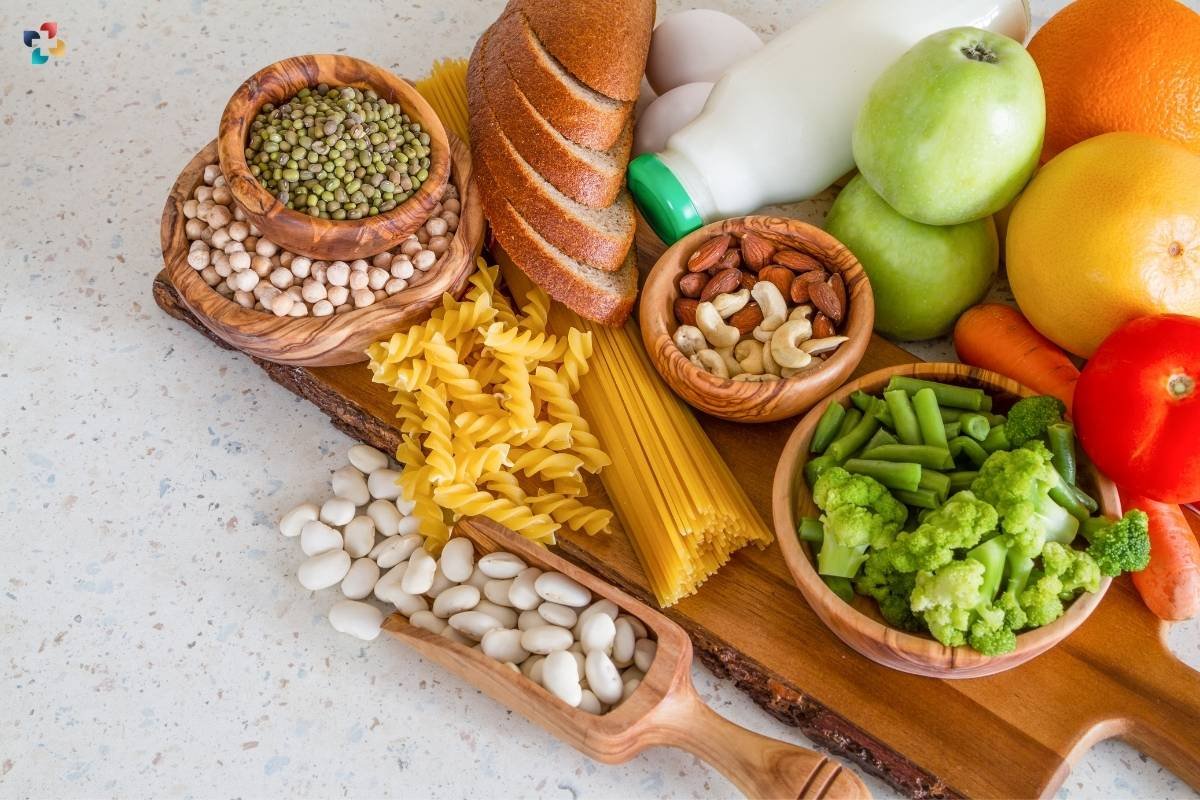
The Renal Diet ensures a balanced intake of essential nutrients, preventing imbalances that can further harm kidney function. By carefully monitoring phosphorus, potassium, and protein levels, individuals can maintain a nutritionally sound diet.
Also Read: New Approaches to the Kidney Diet
Practical Tips for Following the Renal Diet:
1. Consult with a Healthcare Professional
Before embarking on the Renal Diet, it is crucial to consult with a healthcare professional or a registered dietitian. Individual dietary needs vary, and a personalized plan can be developed based on specific health conditions and requirements.
2. Read Food Labels
Understanding the nutritional content of packaged foods is essential for those following the Renal Diet. Paying attention to sodium, potassium, and phosphorus levels on food labels helps make informed choices while grocery shopping.
3. Choose Fresh, Whole Foods
Opt for fresh fruits and vegetables, lean meats, and whole grains to reduce sodium and phosphorus intake. Processed and packaged foods often contain hidden additives that can be harmful to kidney health.
4. Monitor Portion Sizes
Controlling portion sizes is crucial to avoid overloading the kidneys with excess nutrients. Smaller, more frequent meals can help distribute nutrient intake throughout the day.
5. Stay Hydrated Within Limits

While fluid restriction is a key aspect of the Renal Diet, staying hydrated within prescribed limits is essential. Individual fluid allowances may vary, and it is important to adhere to healthcare professional recommendations.
6. Explore Low-Phosphorus Alternatives
Choosing low-phosphorus alternatives, such as rice milk instead of dairy milk, can help manage phosphorus levels. Experimenting with different food options allows for a diverse and enjoyable diet while adhering to renal health guidelines.
Conclusion
The Renal Diet provides an organized approach to diet that promotes general health, making it an invaluable tool for people managing renal illness. People can protect their kidney function and enhance their health by proactively managing their phosphorus, potassium, sodium, and protein intake. Speaking with medical specialists, checking food labels, selecting fresh foods, and keeping an eye on portion sizes are some of the useful pieces of advice that help people successfully implement the Renal Diet into their everyday routines. People can actively protect their kidney health and improve their overall quality of life by adopting these ideas.


